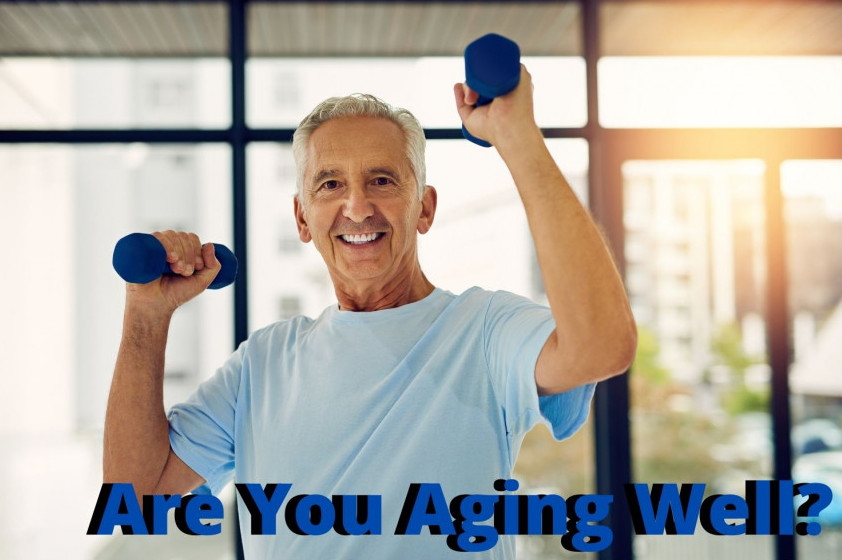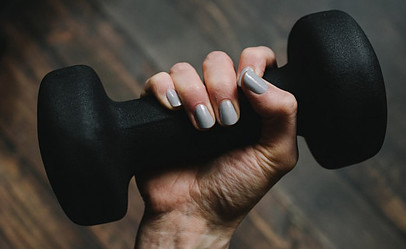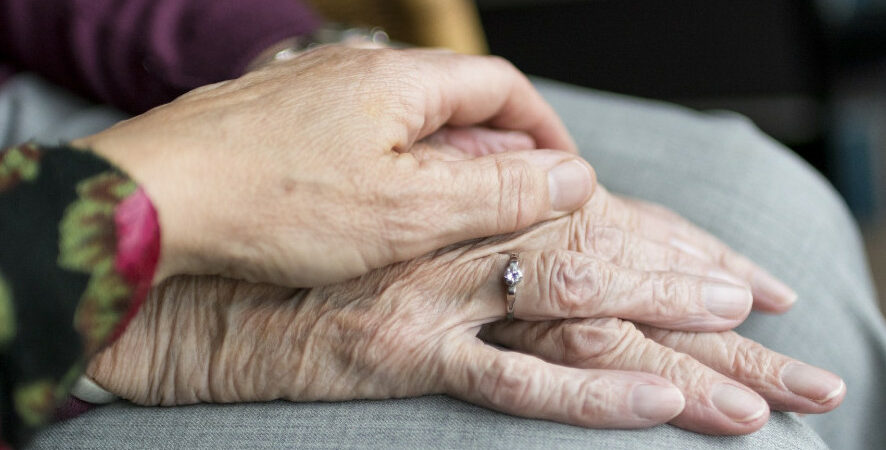How old are you? Are you aging well?
Your chronological age or the number of birthdays you’ve had tells you how old you are. But your physical, mental, and emotional health determine if you are aging well. Medical experts have identified these as signs that you are aging well.

Some Signs That You Are Aging Well
Height and Weight
As people age, they normally lose a small amount of height. According to a study in Economics and Human Biology, people lose height at an annual rate between 0.08% and 0.10% for males and 0.12% and 0.14% for females.
At that rate, you will lose between 2cm to 4cm over the course of your life. According to the University of Arkansas Medical Center, the cartilage between bone joints wears down over time, slightly decreasing a person’s height. If your height loss is within that range, it is a sign you are aging well.
Your weight also plays a role in how well you are aging. Doctors classify weight based on Body Mass Index (BMI). BMI is a calculation of body fat based on your height and weight. According to the Centers for Disease Control (CDC), different BMI levels indicate a person’s weight status.
The levels are:
BMI Weight Status
Below 18.5 Underweight
18.5—24.9 Normal
25.0—29.9 Overweight
30.0 and Above Obese
Scientists have determined that a BMI of 25 or more is a risk for chronic disease and poor health. According to a study in Research on Aging, obesity is a health risk at any age, including as you get older.
In order to calculate your BMI take your height in meters and squary the number. You will need to multiply your height in meters by itself first. For example, if you are 1.75 meters tall, then you would multiply 1.75 by 1.75 and get a result of approximately 3.06.
Next, you will need to divide your weight in kilograms by your height in meters squared. For example, if your weight is 75 kilograms and your height in meters squared is 3.06, then you would divide 75 by 3.06 for an answer of 24.5 as your BMI.
Activity Level
Your activity level is also a sign of how well you are aging. When considering your activity level, think about your:
- Posture
- Exercise
- Stamina
- Independence
How well you carry yourself or your posture and how much exercise and physical activity you do reflect how much stamina you have throughout the day. Just as people normally lose some height, they also lose some muscle mass.
According to the Harvard Medical School, after age 30, people lose 3% to 5% of their muscle mass each decade. This normal age-related muscle mass loss is known as sarcopenia. Less muscle mass means more weakness and less mobility.
Sarcopenia also puts you at a greater risk for damaging falls. An American Society for Bone and Mineral Research found that people with sarcopenia have a 2.3 higher risk of breaking a bone if they fall.
Your activity level determines how independent you are. While it may take a little longer to do some activities, a sign you are aging well is how physically independent you are. Remember the saying, if you don’t use it, you lose it.
It is easier to keep exercising well into your old age than to only start exercising when you get older. Exercise is something that you should be doing on a daily basis, as a sedentary lifestyle is certain to age you faster.
Grip Strength
Another sign of aging well is your grip strength. According to a study in Clinical Interventions in Aging, grip strength is an independent sign of aging that reflects a person’s:

- Overall Strength
- Upper Limb Function
- Bone Mineral Density
- Falls and Fractures
- Malnutrition
- Cognitive Impairment
- Depression
- Sleep Problems
- Diabetes
- Quality of Life
All of these health-related problems are signs you are not aging well. Good grip strength is a sign you are healthy and physically independent, signs of aging well.
Cognitive Ability
According to a study in Seminars in Hearing, your brain undergoes functional and structural changes as you age. These normal changes may lead to a decline in how fast a person processes information.
Researchers have found that a healthy lifestyle reduces the risk for diseases that increase cognitive decline. Aging well lowers your risk for dementia and other cognitive issues.
Socialization
Humans are social creatures. A study in the Animal Science Journal showed that rats kept in isolation became more aggressive and had decreased cognitive function. Social scientists have found the same results in people who do not socialize with others.
During lockdown for the COVID pandemic, four in ten people reported mental health issues. Before that, one in ten people reported mental health concerns.
People who age well have a strong social connection to friends and family.
Quality of Life
Regardless of how good or bad your physical and mental health are, your quality of life depends on your emotional health.
The World Health Organization (WHO) defines actively aging well as the process of maximizing opportunities for health, participation, and security to enhance a person’s quality of life.
Your mindset and outlook will tell you if you feel you are aging well.

